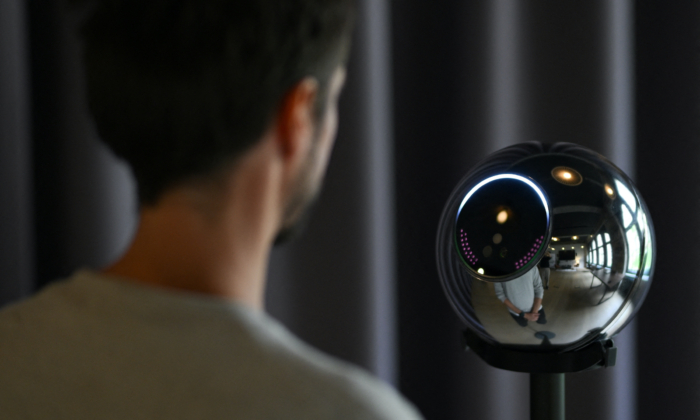Commentary
It appears that the RCMP is more concerned about House of Commons pages than members of Parliament suspected of colluding with foreign governments. While MPs involved in foreign election interference are shielded from identification, House of Commons staff are required to provide fingerprints. This discrepancy in treatment raises questions about the priorities of the managerial state in Canada.
As the government continues to introduce new procedures and requirements, individuals find themselves subjected to increasing levels of intrusion without adequate debate or transparency. The shift towards digital IDs and biometric data collection raises serious privacy concerns and underscores the growing power of the state over individual freedoms.
While the government may justify these measures as necessary for security and efficiency, the underlying impact on personal liberties cannot be ignored. The gradual transition towards a more surveillance-oriented society raises questions about the true intentions of those in power and the extent to which individual rights are being compromised in the name of national security.
Ultimately, the balance between security and privacy remains a delicate one, and it is essential to question the motives behind seemingly innocuous mandates that have far-reaching implications for personal freedoms.
Views expressed in this article are opinions of the author and do not necessarily reflect the views of The Epoch Times.
Please rephrase.
Source link





